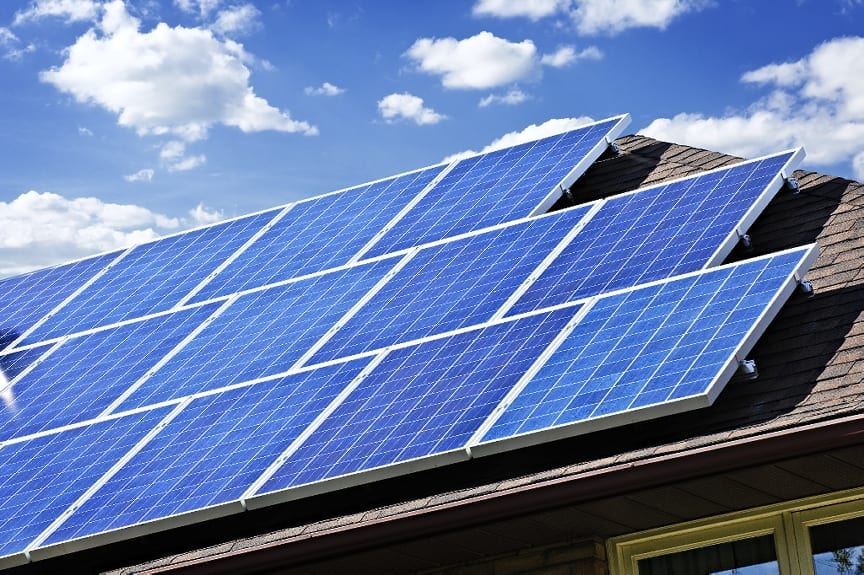DIY Solar Power, Pros & Cons
According to the Solar Energy Industries Association, the solar energy market in the United States is booming—as of June 2018 55.9 gigawatts of total capacity, enough to power 10.7 million American homes, have been installed, representing a 13% increase year-over-year.
Going solar also has major financial benefits for homeowners, including a reduction in monthly electric bills and increased property value. A growing trend in solar energy is the concept of “DIY solar panels” – or solar panel systems installed by the homeowner. While this may initially sound appealing, as a way to save even more money, this method has it’s pros and cons. See a few pros and cons outlined below.
Pro: DIY solar panel installation can be less expensive
The design and installation labor costs associated with solar installation typically contribute to about 10% of the cost of the total bill. According to sunrun, the average total cost of installation can run anywhere between $15,000 to $29,000. When purchasing a residential solar system, the cost is primarily size-dependent, so the size of your home will ultimately determine how much you could potentially spend or save.
Con: Committing to DIY solar panels limits your options
By purchasing equipment you can install yourself, you may not be getting the same quality equipment solar installers offer. Also, most solar installers are able to buy higher quality equipment directly from retailers who don’t typically sell to the general public, and can often purchase the equipment itself at a lower cost because they are able to buy in bulk.
Pro: DIY solar is great for smaller, off-grid projects
Looking to power an RV, shed, or boat? Have a large property where you would like to have an additional power source at an outlying area? DIY solar may be a better solution for smaller projects than for an entire home, as the electrical demands on these projects is much smaller.
Con: Installing solar is complicated and requires training and experience
A home solar kit may be less expensive to purchase straight off the shelf, but remember that you’re losing the invaluable knowledge a trained and experienced installer can provide. Investing in hiring a trained professional can ultimately save you time and money. Not only are they more knowledgeable when it comes to the installation process, they will also be able to assist you with filing the necessary permits and applications.
As with any major investment, it’s important to conduct as much research as possible before making a commitment. Make sure you do your homework, contact multiple companies for quotes, compare all of your equipment options, and consider using a Solar Calculator to help determine if investing in solar is the right move for you.














